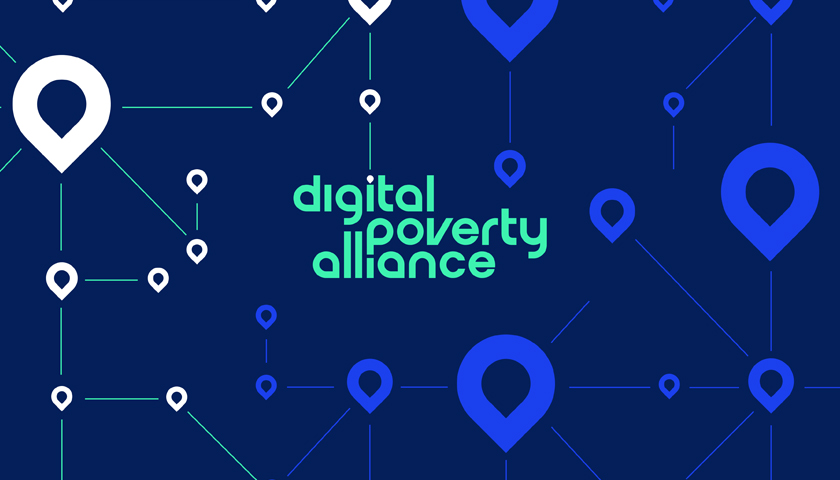The Digital Poverty Alliance (DPA) has unveiled a new AI report in Parliament, warning that without action, AI could increase inequalities.
The report defines digital poverty as a lack of access to suitable devices, reliable internet connectivity and skills needed to leverage new technologies, affecting the 19 million people still stuck in this digital divide.
The report found that across England, local authorities have no oversight of how AI is used within the education system – although Scottish authorities were more likely to be creating guidance at local authority level. The researchers also spoke with and surveyed children from across the UK, finding that those in digital poverty were vastly less likely to be using AI, or in some cases to even be aware of what the technology was.
Elizabeth Anderson, CEO at the Digital Poverty Alliance comments: “Generative AI has the power to transform education by personalising learning and supporting the education sector in new and exciting ways. But without the efforts from all bodies to address digital poverty, these advancements could leave the most vulnerable students further behind.
The ’Rethinking Education with Generative AI’ report that we have launched, emphasises the urgent need for comprehensive AI training for teachers and students, and access to the right technologies, to prepare the next generation for an AI-driven future. Tackling these challenges means that the one in five children in digital poverty can view GenAI as a tool for empowerment, bridging gaps rather than widening them.”
AI systems trained on limited datasets runs the risk of outcomes being influenced by societal biases. Concerns over data handling and potential reliance on AI over independent problem-solving skills are worrying realities that follow with AI adoption.
However, AI brings opportunities to the table, which is highlighted in the report. GenAI can provide tailored learning experiences for students, especially for SEND (Special Educational Needs and Disabilities) and ESL (English as a Second Language) learners.
It can also reduce workload for teachers, freeing up critical time for face-to-face teaching, using time and resources more efficiently.
UK AI policies in education are underdeveloped, lacking clear implementation strategies. The report suggests that there needs to be comprehensive teacher training on the use of AI tools, and an easy access to technology to bridge the digital divide. It also highlights that with an information vacuum, children are relying on information on social media platforms which can misguide them and encourage them to use AI in a way that sees them academically penalised.
The DPA calls on policymakers, educators, and industry leaders to address the challenges head-on, fostering thoughtful dialogue and decisive action to ensure every child and teacher can navigate the opportunities and risks of GenAI with confidence and competence, and for government to produce a unifying set of guidance that avoids the current post code lottery of AI literacy support for children.
Please visit URL to the report
